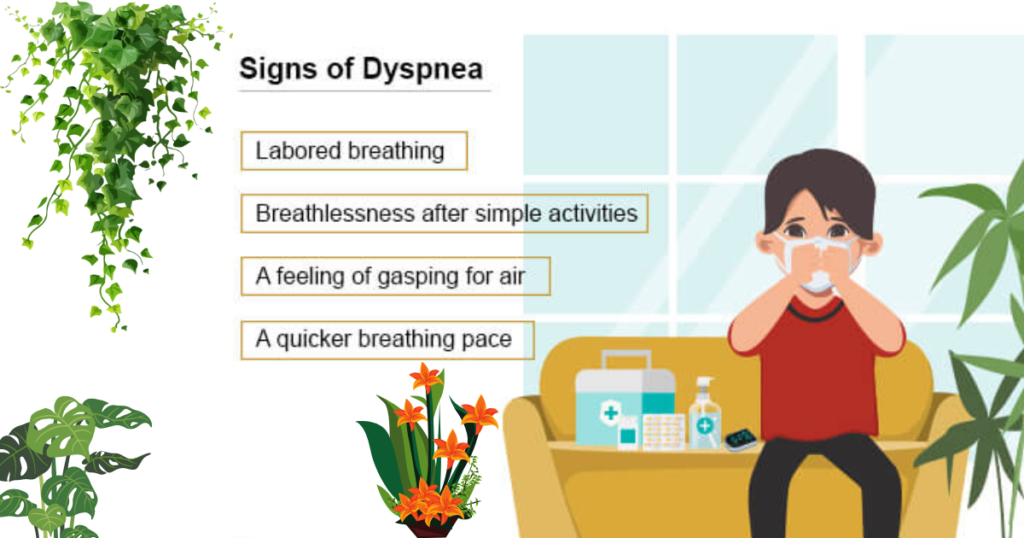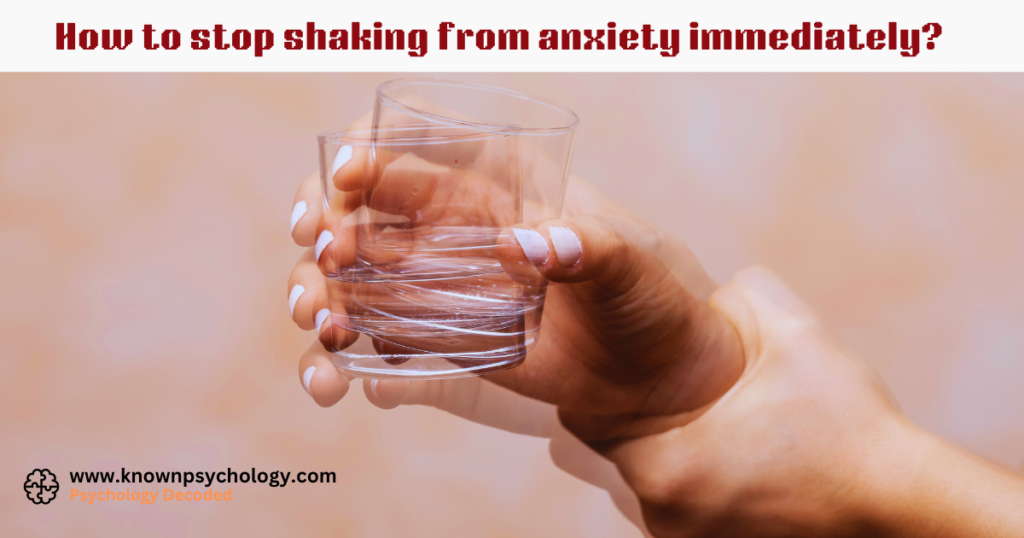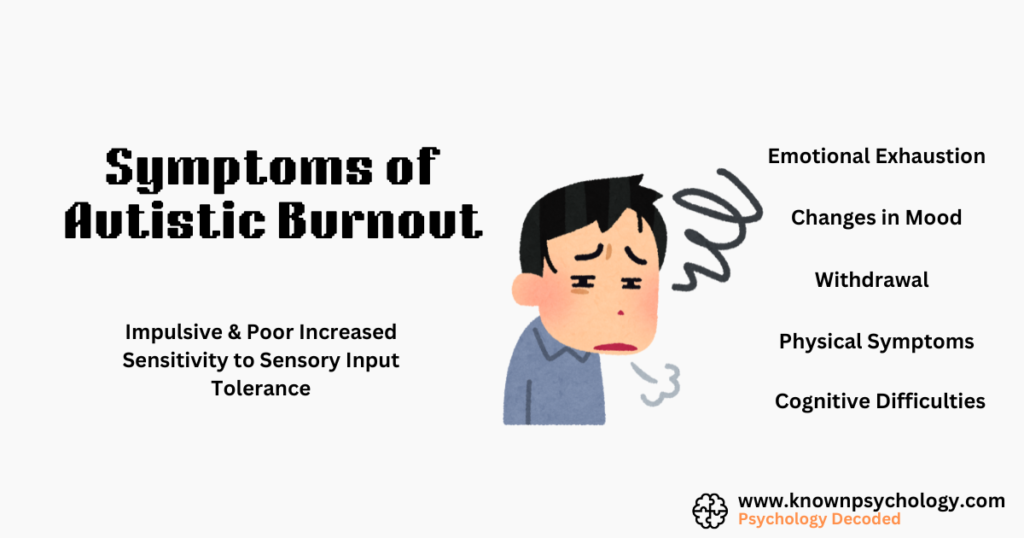
Shortness of breath can be a frightening experience, especially when you’re unsure of its cause. One common question many people have is, “how to tell if shortness of breath is from anxiety?” Understanding the link between anxiety and shortness of breath can help alleviate concerns and guide you towards appropriate management strategies.
Understanding Anxiety and Shortness of Breath
Anxiety is a natural response to stress, and it can trigger various physical symptoms, including shortness of breath. When you’re anxious, your body goes into fight-or-flight mode, releasing adrenaline and other stress hormones. This response can cause rapid breathing, which might feel like shortness of breath.
Key Signs that Shortness of Breath is From Anxiety
1. Occurs During Anxiety Episodes
One of the primary indicators that shortness of breath is from anxiety is its timing. If you notice that you experience shortness of breath during or immediately after an anxiety-inducing event, it’s likely linked to your anxiety. Common anxiety triggers include public speaking, stressful situations, or even worrying thoughts.
2. Rapid Breathing (Hyperventilation)
Anxiety often causes hyperventilation, or rapid breathing. This can lead to an imbalance of oxygen and carbon dioxide in the body, resulting in feelings of breathlessness. If your shortness of breath coincides with rapid, shallow breaths, it’s a strong sign that anxiety is the cause.
3. Accompanied by Other Anxiety Symptoms
Shortness of breath from anxiety is usually accompanied by other symptoms such as a racing heart, sweating, trembling, and feelings of panic. If you experience multiple anxiety symptoms alongside shortness of breath, it’s likely anxiety-related.
4. Absence of Physical Exertion
If shortness of breath occurs without any physical exertion, it might be due to anxiety. Physical causes of breathlessness typically involve activities that increase heart rate and respiratory rate, such as exercise or heavy lifting. In contrast, anxiety-related shortness of breath can occur while at rest.
Differentiating Anxiety-Related Shortness of Breath from Other Causes
While it’s important to understand how to tell if shortness of breath is from anxiety, it’s equally crucial to differentiate it from other potential causes. Conditions like asthma, allergies, and heart issues can also cause shortness of breath. Here are a few tips to distinguish between them:
1. Medical History
Consider your medical history. If you have a history of anxiety or panic attacks, your shortness of breath is more likely to be anxiety-related. Conversely, if you have a history of respiratory or heart conditions, these might be the underlying cause.
2. Onset and Duration
Anxiety-related shortness of breath often has a sudden onset and may resolve once the anxiety subsides. In contrast, shortness of breath from physical conditions might persist longer and be less tied to specific anxiety-inducing events.
3. Response to Anxiety Management Techniques
If your shortness of breath improves with anxiety management techniques like deep breathing exercises, meditation, or removing yourself from the stressful situation, it’s a good indicator that anxiety is the cause.
Managing Anxiety-Related Shortness of Breath
Once you understand how to tell if shortness of breath is from anxiety, you can take steps to manage it. Here are a few strategies:
1. Deep Breathing Exercises
Practicing deep breathing exercises can help calm your nervous system and reduce anxiety-induced shortness of breath. Try inhaling slowly through your nose, holding your breath for a few seconds, and then exhaling slowly through your mouth.
2. Mindfulness and Relaxation Techniques
Mindfulness practices such as meditation, progressive muscle relaxation, and yoga can help reduce overall anxiety levels, thereby decreasing the frequency and severity of shortness of breath episodes.
3. Professional Help
If anxiety significantly impacts your daily life, consider seeking professional help. Therapists and counselors can provide cognitive-behavioral therapy (CBT) and other techniques to manage anxiety effectively.
Understanding how to tell if shortness of breath is from anxiety can bring peace of mind and guide you towards appropriate strategies to manage it. By recognizing the signs and implementing anxiety-reducing techniques, you can regain control and breathe easier.
Shaista specializes in Personality Psychology and Organizational Behaviour, with a deep interest in how people think, grow, and interact within systems. She writes for multiple websites, bringing clarity and insight to topics across human behavior, mental health, and workplace psychology.



Noodlemagazine Truly well-presented. All the quotes were remarkable, and I’m grateful for your sharing. Keep inspiring and delivering great content.
BaddieHub Good post! We will be linking to this particularly great post on our site. Keep up the great writing
Internet Chicks I very delighted to find this internet site on bing, just what I was searching for as well saved to fav
Techno rozen Good post! We will be linking to this particularly great post on our site. Keep up the great writing